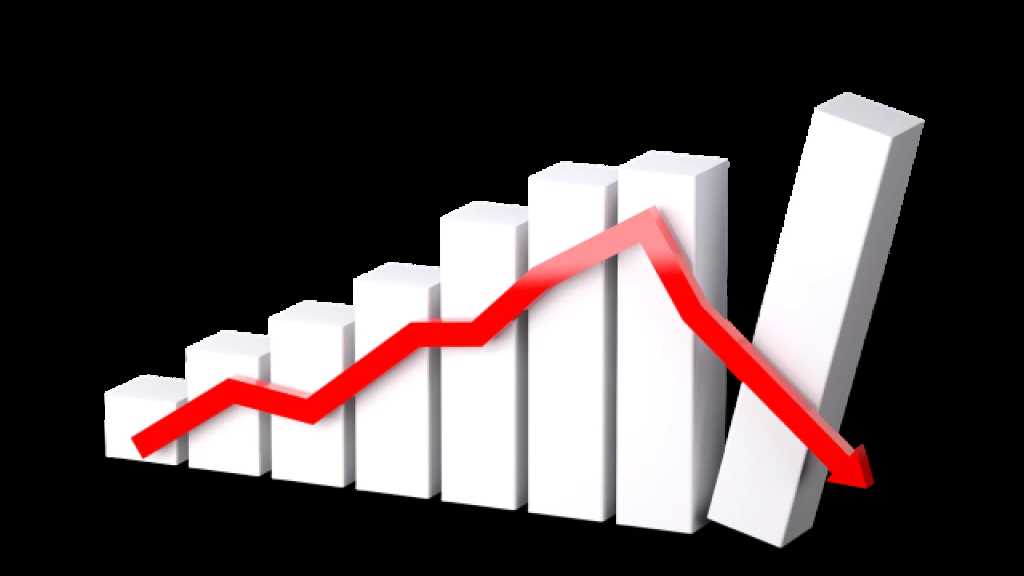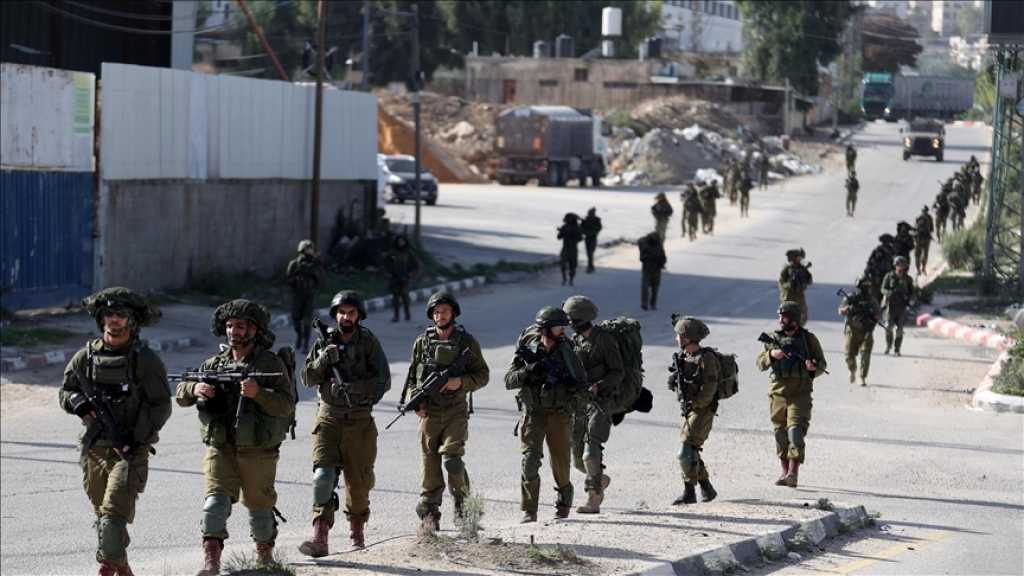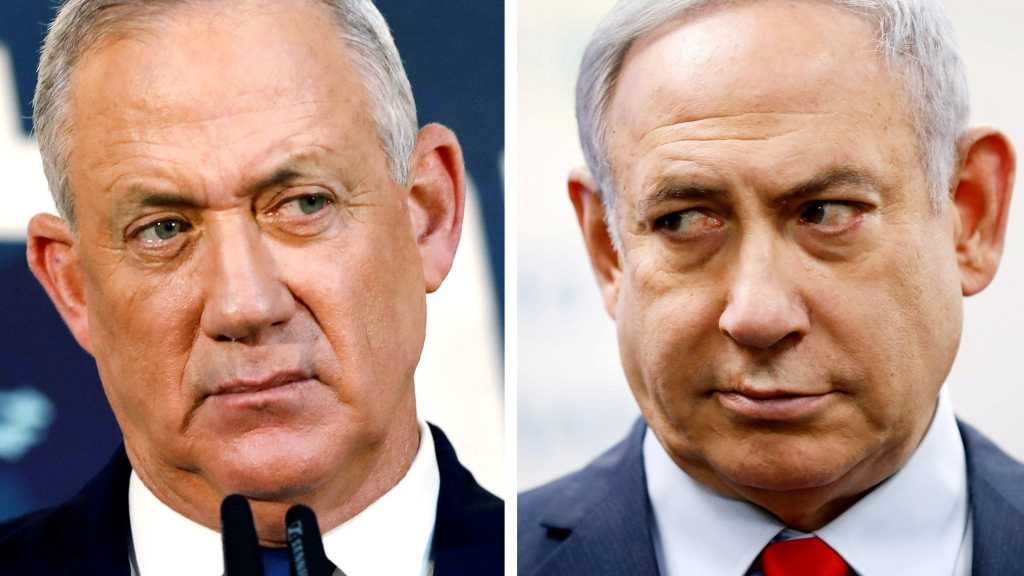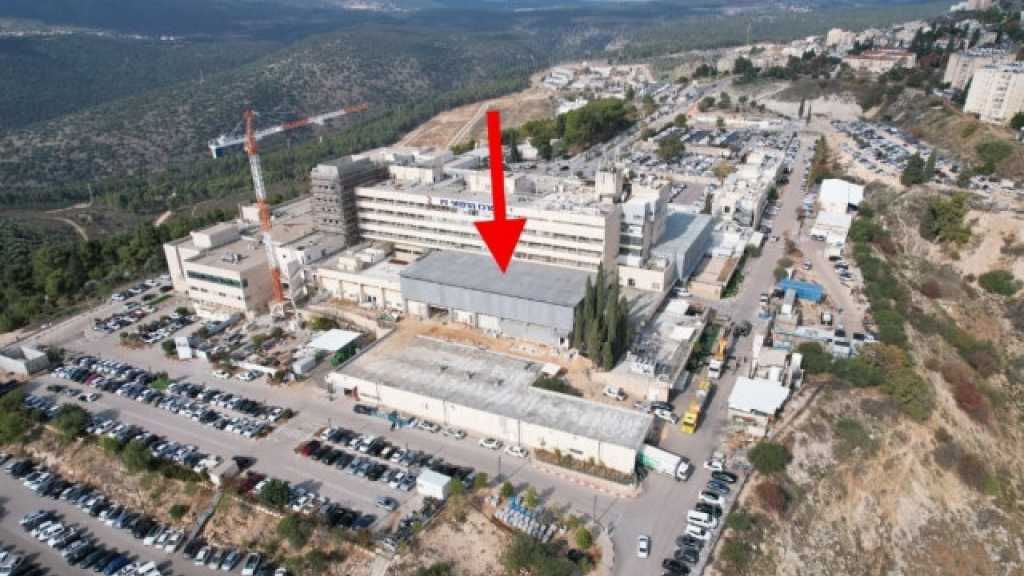
«Israel» Removes Metal Detectors from Al-Aqsa
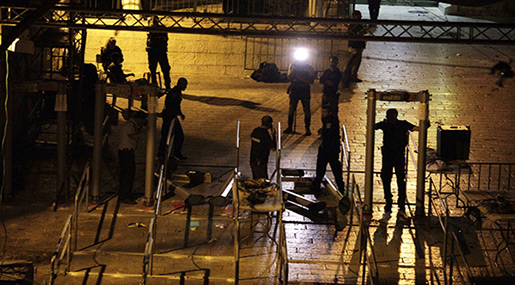
Local Editor
The "Israeli" entity removed metal detectors from a highly sensitive al-Quds [Jerusalem] holy site in the pre-dawn hours of Tuesday and said they would no longer be used after the new security measures set off deadly violence.
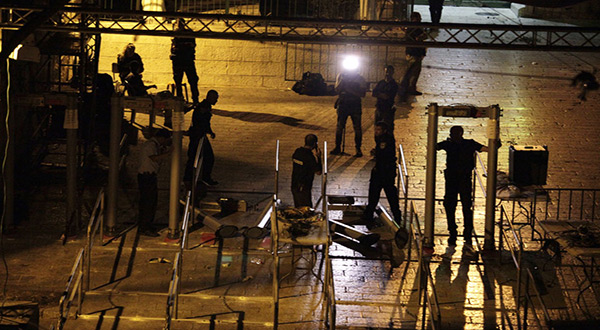
The move came after intensive international diplomacy seeking to stop the outbreak of wider unrest, with warnings that it could spread far beyond the "Israeli" entity and the occupied Palestinian territories.
A work crew could be seen in the early hours of Tuesday removing the metal detectors at one entrance, an AFP journalist reported.
Palestinian officials said all had been dismantled.
The "Israeli" entity's security cabinet accepted "the recommendation of all the security bodies to change the inspection with metal detectors to a security inspection based on advanced technologies and other means," a statement from "Israeli" Prime Minister Benjamin Netanyahu's office said.
As word spread of the decision, a few hundred Palestinians gathered to celebrate near an entrance to the Haram al-Sharif mosque compound.
One person set off a firework, prompting "Israeli" police to raid and disperse them using sound grenades.
Details of the advanced technologies the cabinet spoke of were not clear, though cameras were installed at entrances to the site this week.
It was also not clear whether they would be accepted by Muslim worshippers.
"This movement is a movement of the street," said Sheikh Raed Dana of the Islamic Waqf organization, which administers the holy compound.
"We as the Waqf listen to the street. The street says yes and we say yes; if the street says no to the measures, we will say no."
The "Israeli" entity installed metal detectors at entrances to the site, which includes the al-Aqsa mosque and the Dome of the Rock, after an operation on July 14 that killed two "Israeli" policemen.
Palestinians viewed the new security measures as "Israel" asserting further control over the site. They refused to enter the compound in protest and prayed in the streets outside instead.
Clashes had broken out during protests over the measures, leaving five Palestinians dead.
The decision to remove the metal detectors follows talks between Netanyahu and Jordan's King Abdullah II.
It also comes after one of US President Donald Trump's top aides, Jason Greenblatt, arrived in the "Israeli" entity for talks over the crisis and with the UN Middle East envoy warning of a further escalation.
"It is extremely important that a solution to the current crisis be found by Friday this week," the envoy, Nickolay Mladenov, said after briefing the UN Security Council, which met to discuss how to defuse the tension on Monday.
"The dangers on the ground will escalate if we go through another cycle of Friday prayer without a resolution to this current crisis," he said, warning that violence there could spread "beyond the Middle East itself".
There was speculation that a separate diplomatic standoff may have helped push negotiations to remove the metal detectors along.
On Sunday night in Amman, an "Israeli" embassy security guard shot dead a Jordanian who attacked him with a screwdriver, according to "Israeli" officials.
A second Jordanian was also killed, apparently by accident.
Jordan insisted on questioning the security guard, while the "Israeli" regime said he had diplomatic immunity.
The guard arrived back in the entity late Monday along with other embassy staff, apparently after an agreement was brokered.
During discussions with Netanyahu, Abdullah had demanded that the "Israeli" entity remove the metal detectors.
Friday's main weekly Muslim prayers -- which typically draw thousands to al-Aqsa -- had brought the situation to a boil.
The holy site in al-Quds has served as a rallying cry for Palestinians.
In 2000, then "Israeli" opposition leader Ariel Sharon's visit to the compound helped ignite the second Palestinian intifada, or uprising, which lasted more than four years.
It is in east al-Quds, seized by the "Israeli" entity in the 1967 Six-Day War and later annexed in a move never recognized by the international community.
Source: News Agencies, Edited by website team
